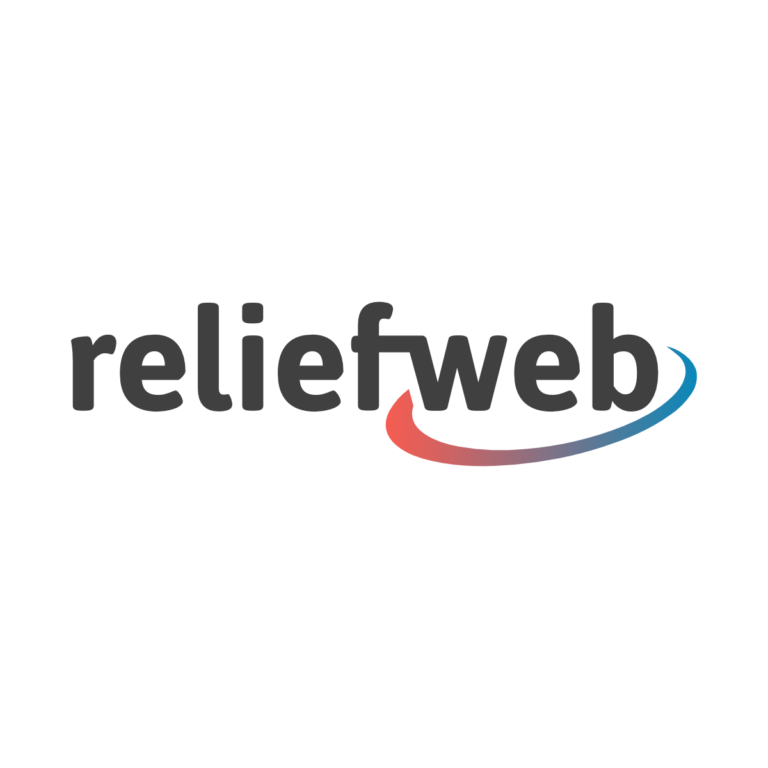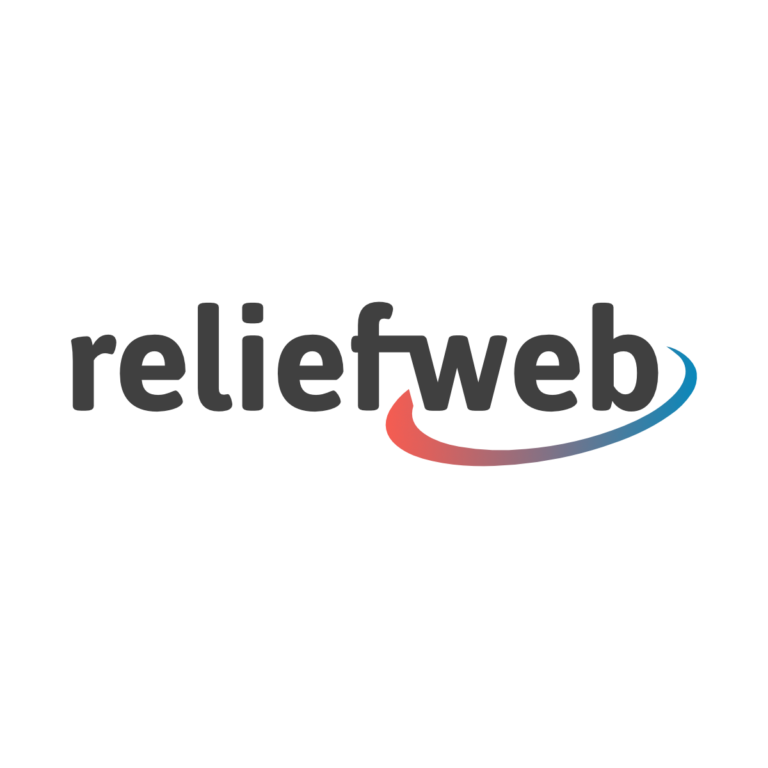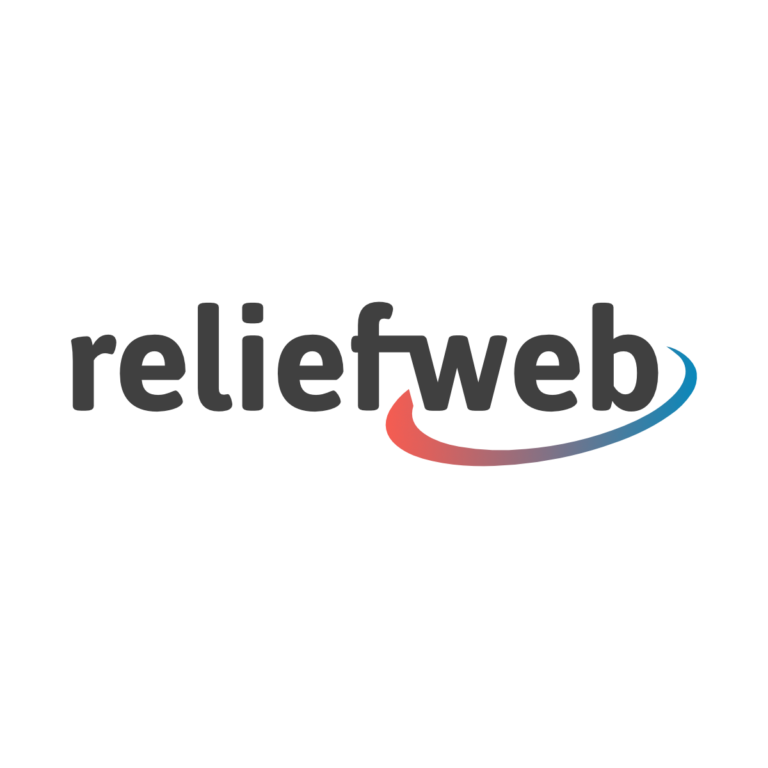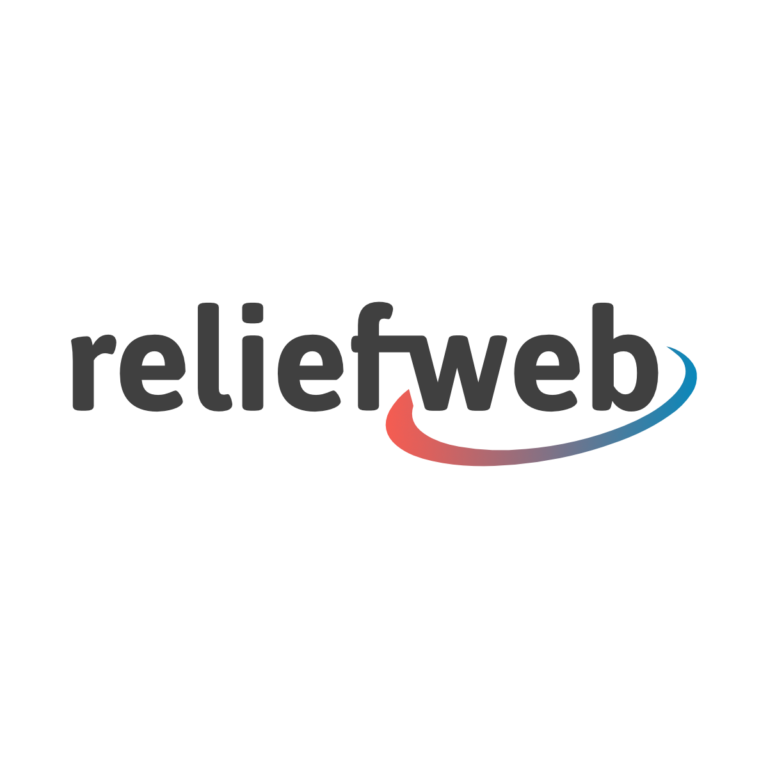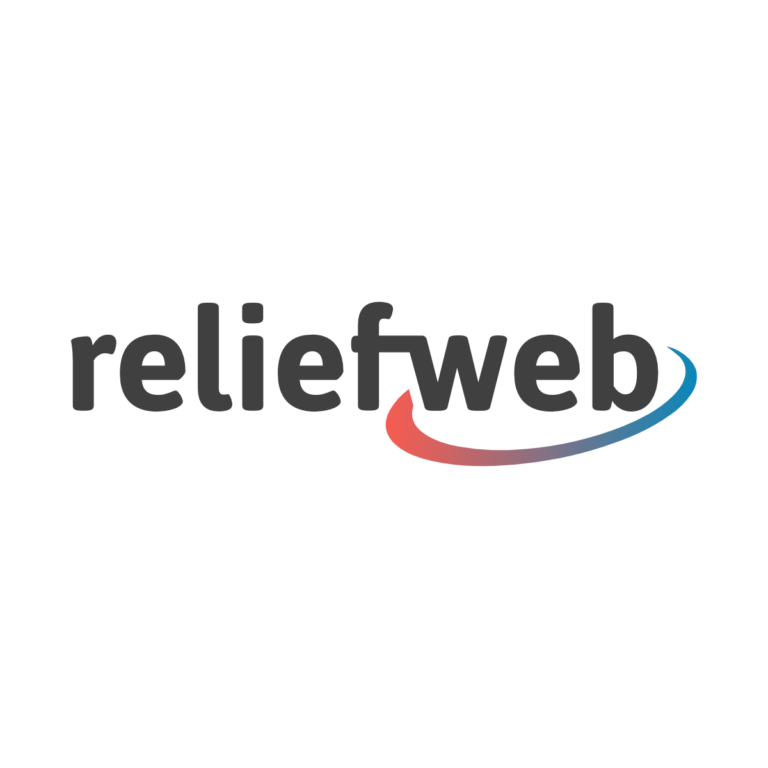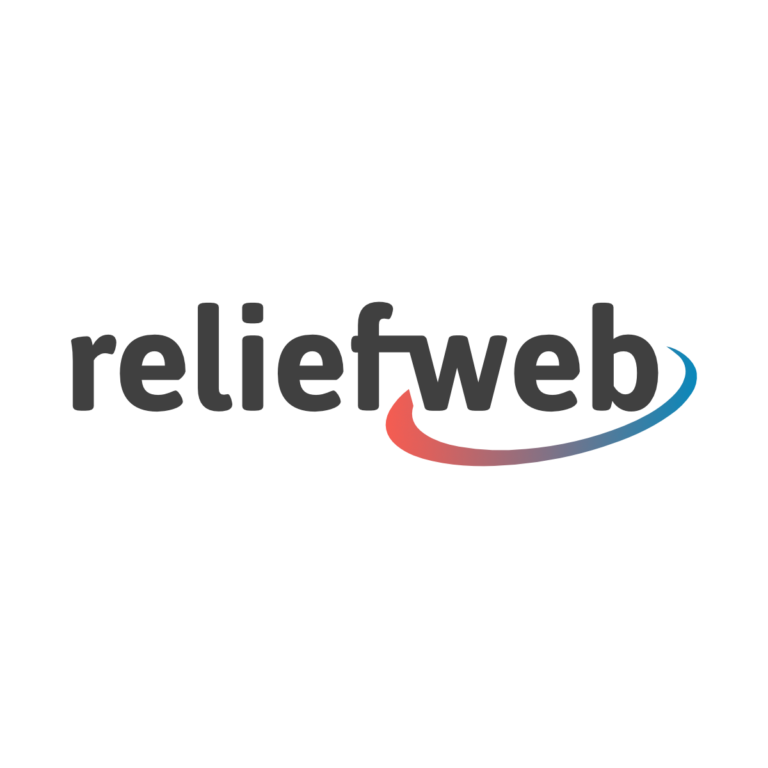REGIONAL GRANTS AND COMPLIANCE OFFICER
Position Requirements
Organisational Context
The Jesuit Refugee Service (JRS) is an international non-governmental organisation with a mission to accompany, serve, and advocate for the rights of refugees and forcibly displaced people. The organisation was founded in November 1980 and has a presence in over 50 countries. JRS undertakes services at national and regional levels with the support and guidance of an international office in Rome. The style of JRS service is human and spiritual, working in situations of greatest need, seeking the long-term wellbeing of refugees and displaced persons, while not neglecting their immediate or urgent needs. JRS offers opportunities to a wide variety of staff, local and international, while maintaining a realistic and localised scheme of salary/stipend, insurance, etc.
Operational Context/Role
JRS West Africa region includes 5 countries: Cameroon, Central Africa Republic, Chad, Nigeria and DRC.
Jesuit Refugee Service West Africa is seeking a Grants and compliance officer for regional office based in Yaounde/Cameroon. The Grants Compliance Officer is responsible for ensuring compliance with statutory donor rules and regulations within his/her assigned portfolio. The Grants Compliance Officer is responsible for the design and implementation of grants, including grants activities. S/he participates in the review of proposals/applications, undertakes pre-award assessments, participates in compliance visits, and provides guidance on program contractual requirements. The Grants Compliance Officer ensures that all grant activities are in compliance with JRS rules and regulations. S/he prepares grant agreements, modifications, and sub-contracts when necessary. Additionally, the Grants Compliance Office is responsible to review existing policy manuals, edit Activity Management Guide, and prepare assessment reports and deliverables. S/he provides guidance to relevant staff to improve their understanding of the terms and conditions of grants and contracts by providing donor compliance advice and training so that programs are delivered responsibly with minimized compliance risk. Experience in training staff and sub-recipients in grants’ management, ability to work seamlessly as a vital team member with high accountability. The role also advises implementing teams in areas of risk analysis and mitigation.
Key Responsibilities
- Identifies funding opportunities, prepares and processes grant applications, and oversees grant management and implementation.
- Strengthens and maintains the necessary administrative structures and interdepartmental processes to ensure grant transparency, smooth implementation, reporting, requisite controls, and monitoring
- Serves as primary point of contact for post-award grants implementation and will ensure that all grant files are complete, accurate, and up to date.
- Reviews internal documents and processes for compliance from time to time.
- Establish and maintain a grants pipeline for income forecasts and reporting drawing on relevant stakeholders and ensure that expected funding for grants is recorded accurately to support income tracking and reporting.
- Work with the Finance Team to support income reporting at the Regional, National and International Level.
- Support the Finance Team and Resource Acquisition and Management team to support the development and management of cash flows, invoicing, internal and external finance reporting as well as the development of proposal budgets to ensure accuracy and consistency.
- Lead high level monitoring and reporting of the JRS grant portfolio and advise senior leadership of areas requiring action or attention.
- Create simple tools and training to support excellence in grants management
- Capacity building and support to ensure grants are managed in compliance with donor requirements.
- Lead start-up and close-out workshops so project staff understand contractual obligations and donor compliance requirements.
- Undertake activities to ensure donor compliance is achieved including audit support, on site verification and data quality via field visits.
- Review funding opportunities and provide input on contractual requirements to inform decision making by senior leadership on the pursuit of grants opportunities.
- Provide support in the review of donor contracts to inform decision making during contract execution.
- Act as focal point for all major compliance matters related to assigned donor portfolio
- Develop and maintain strong relations with key staff at various donors.
- Advise both program and finance stakeholders of any changes made to donor compliance regulations and assess their impact on JRS programs.
- Work closely with the Program Unit, the Grants and Business Development Managers and the grants and compliance team to develop JRS policies, guidelines, tools and templates as needed to ensure optimal implementation of donor compliance requirements.
- Assess current contracts, systems, and procedures against donor requirements and develop tools and processes to support contract readiness and compliance, across the organization.
- Serve as the JRS internal organizational expert on assigned portfolio grants and contracts rules and regulations, staying abreast of all financial, administrative, and contract related business practice developments.
- Assist country programs in resolution of grants management issues, such as delays in agreement signing, delays in payments, audit findings, irregular interpretation of award terms, etc.
- Ensure quality assurance is provided to select processes for internal compliance. For example, manage and conduct compliance audits to ensure that internal review and approval processes for awards are being followed.
- Participate in the development and review of future Grants Manuals.
- Identifies potential conflicts of interest and implements management rules when they cannot be avoided
- Be actively engaged with the internal and external audit team and ensure that the results related to financial management are closed within the prescribed deadlines and that relevant lessons are drawn from the audits;
- As needed and in collaboration with the Finance Officer based in the regional office, assist in the recruitment, training and assignment of finance staff;
- Reports directly to the Regional Director, Deputy Regional Director on a weekly basis, on the results of internal control evaluations;
- Promptly informs the Regional Director and the Deputy Regional Director of all known or suspected cases of fraud and / or ethical violations.
- Reporting and communication:
- The Regional Grants and compliance officer will make a monthly report to the Regional Director with copy to the Deputy Regional Director;
- In the event of a serious management fault, its report must be sent directly to the Regional Director with a copy to the Deputy Regional Director and to the Regional HR Manager.
- Other responsibilities as assigned by the supervisor.
Relevant knowledge and experience;
- University degree in Finance/Economic/Accounting with a certificate in audit or donor Compliance
- 5 -7 years of relevant professional experience
- 2 years of experience in Grants Quality and Compliance or Grant Project Management
- Knowledge of the program management cycle design, monitoring and evaluation
- Strong knowledge of donor regulations and ability to analyze and interpret
- Demonstrated knowledge and prior experience working on multilateral and bilateral donors’ grants and contracts
- Proven expertise in interpreting and applying statutory and regulatory language in executing awards and contracts from donor entities and in maintaining a current knowledge of changes in the language.
- Developed understanding of professional business standards required to create a high performing and accountable environment.
- Experience in organizational problem solving, operations, high performance management in complex organizations.
- A positive thinker and collaborative problem solver.
- Previous experience with large international nonprofit organizations preferred.
- Previous experience providing compliance training in a multicultural setting.
- Languages: Write and speak French and English fluently: Mandatory!
TERMS AND CONDITIONS
The contract is for 1 (one) year, renewable with an initial probationary period of three months. The JRS remuneration policy is aligned with the JRS ethos of offering effective and professional services and at the same time expressing solidarity with the people served. The salary is calculated with the use of a post-adjustment multiplier and takes into account years of relevant experience and the degree of responsibility of the role. Details will be discussed with short-listed candidates.
How to apply
HOW TO APPLY
Please send your CV and a cover letter that indicates what skills and experience you have that meets the criteria and your availability. The CV (maximum 3 pages) should include contacts (phone and professional email) for three professional referees. Please note that only official email addresses for referees will be accept. Please send the application to: waf.recruitment@jrs.net
The closing date is july 16th 2022 at 5:00 p.m. Cameroon time
PLEASE NOTE: due to urgent need to fill this vacant position, we will be reviewing the application as we receive. Only shortlisted candidates will be contacted.
Female candidates are highly encouraged to apply.
